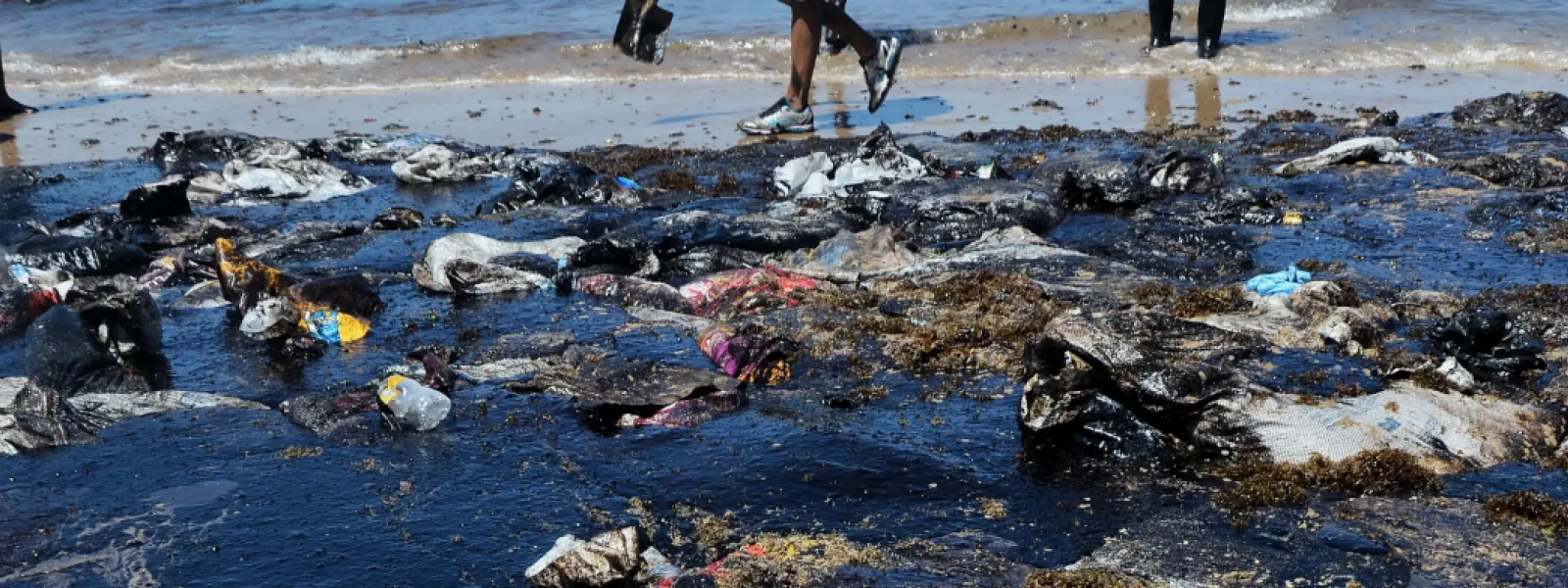
Complaint to IACHR on the impacts of the oil spill in Northeastern Brazil
Foto: Marcela CintraIn partnership with Brazilian civil society organizations, AIDA submitted a complaint to the Inter-American Commission on Human Rights alerting of socio-environmental impacts and the indifference of government institutions to stop the oil spill on the northeast coast of the country.
The document reveals the serious situation facing the region's maritime ecosystems due to the contamination and highlights threats to the human rights of local populations, who have been exposed to economic and cultural losses and even risks to their own health.
The complaint was prepared through AIDA's partnerships with various civil society organizations active in the northeastern region of Brazil, including the Public Project Institute, the Caribbean Project and the Minha Jampa Network. The organizations hope to shed light on the scale of the pollution's environmental impacts and establish agreements with the Brazilian government for more effective protective measures.
The main requirements of the complaint include:
- Mobilization of the National Contingency Plan, which would transparently present daily bulletins on actions taken so that the response can be monitored by civil society and the international community;
- Presentation of strategies to address the technological challenges for containment, collection and disposal of the substance leaked into the sea, including the Science and Technology Institutions in solving the problem in an effective and less harmful manner;
- Submission of periodic reports on the progress of investigations aimed at determining who is responsible for the oil spill;
- Implementation of the Humanized Care Program for directly affected populations, considering the impacts of the disaster on economic, social and cultural rights, providing social assistance, medical-hospital services and psychological follow-up to affected coastal populations;
- Actions to promote environmental education, in order to promote the exercise of environmental citizenship within Brazil.
The requests found in the complaint are based on findings of inefficiencies in the government's measures to contain the oil. The organizations emphasized noncompliance in precaution and damage control after the disaster occurred.
